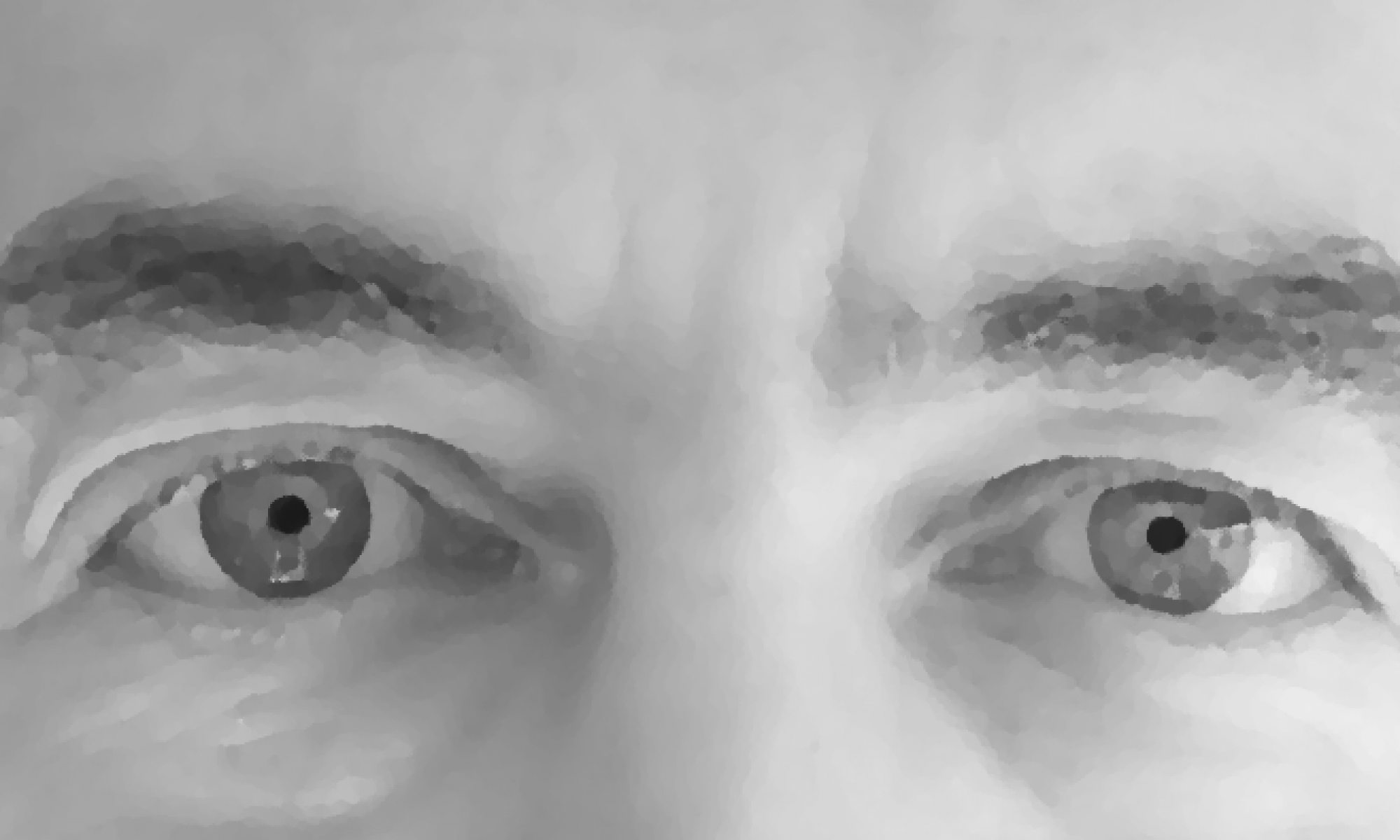I’ll admit that, other than knowing his name and that he was a Hollywood actor in some big budget films, I didn’t know very much at all about Shia LaBeouf. However, apparently he’s been facing some “controversy” over a few different examples of plagiarism in his work, with the “biggest” being plagiarizing a cartoon by Daniel Clowes called Justin M. Damiano with the short film HowardCantour.com. Others also pointed out that, in a comic book created by LaBeouf, he apparently plagiarized a bunch of others, including Kurt Vonnegut and Charles Bukowski (if you’re going to plagiarize, plagiarize from the best, apparently).
While plagiarism scandals pop up every so often, there are a variety of standard responses — usually involving some sort of apology and then someone laying low for a while before reappearing (just ask Joe Biden). LaBeouf initially appeared to be following the same script… tweeting out apologies, before people started realizing that the apologies themselves were “plagiarized.” That includes using Tiger Woods’ apology after his scandal: “I have let my family down, and I regret those transgressions with all of my heart.” Also, former Defense Secretary Robert McNamara’s famous apology concerning his role in the Vietnam War: “I was wrong, terribly wrong. I owe it to future generations to explain why.”
From there, he finally admitted on New Year’s eve that he was really mocking everyone — which should have been obvious from the beginning, by saying:
You have my apologies for offending you for thinking I was being serious instead of accurately realizing I was mocking you.
Oh, and if you hadn’t figured it out already, that line is also plagiarized.
He then decided to give an email interview with BleedingCool, much of which itself appears to be plagiarized as well. BleedingCool initially claimed that it believed the statements were “original” to LaBeouf, but then has gone back and noted repeated lines in the interview that are plagiarized from others. I’m guessing that they’re missing quite a few others.
But what comes out of it is what is likely a highly plagiarized defense of plagiarism, as well as a condemnation of the state of copyright law today, and how it limits forms of expression. Take this tidbit, for example:
The problem begins with the legal fact that authorship is inextricably
bound up in the idea of ownership and the idea of language as
Intellectual property. Language and ideas flow freely between people
Despite the law. It’s not plagiarism in the digital age – it’s repurposing.
Copyright law has to give up on its obsession with “the copy”
The law should not regulate “copy’s” or “reproductions” on there own.
It should instead regulate uses – like public distributions of copyrighted work –
That connect directly to the economic incentive copyright law was intended to foster.
The author was the person who had been authorized by the state to print there work.
They were the ones to be held accountable for the ideas.
THE FIRST LAWS ON AUTHORSHIP WERE USED TO CENSOR & PERSECUTE
THE WRITERS WHO DARED PUBLISH RADICAL IDEAS.
Simple – should creation have to check with a lawyer?
At least some of that is from Larry Lessig. Almost certain other parts are from others. But, in a way he’s proving the point. He is creating something new, unique and interesting, even as he’s plagiarizing others, even to the point of talking about outdated copyright laws.
For what it’s worth, even this idea is not unique. Back in 2007 we wrote about author Jonathan Lethem writing an entire defense of plagiarism, which was 100% plagiarized. If Labeouf is looking for more material, he might want to check that one out, if he hasn’t already. Oh, and also Malcolm Gladwell’s 2004 defense of plagiarism, which has some great quotes as well.
Permalink | Comments | Email This Story![]()





